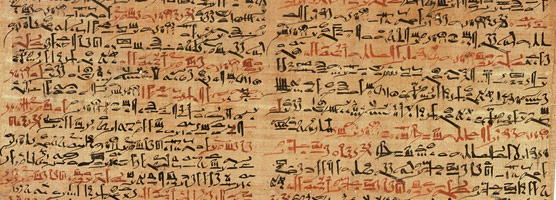Matthew 24; Mark 13; Luke 21
A. Matthew 24. 1-14
We need to clarify the context and text of our Lord’s dramatic prophecy in Mt. 24.2; Mk. 13.2; Lk 21.6.
- Context – Admiration of the buildings of the Temple by


Though many (learned and unlearned folk) seem not be aware of it there is an academic version of the biblical “believe not every spirit…” It is “double-check all sources.” I ‘push up’ myself in the company of reputed scholars and …

My friend Dr. Ikeal Tafari has written two pieces in your newspaper raising questions on the historical roots of Israel. Unfortunately the main source he seems to be drawing on is Gary Greenberg’s book The Bible Myth: African Origins of …

Those who desire to read the Bible responsibly must understand that they are reading an ancient book and not one written according to the conventions of the 21st century AD.
A biblical genealogy is “a list of names indicating …

Those Afrocentrists who assert (often without supporting evidence) that the ancient Hebrews derived their major doctrines from Egypt arising from the Hebrews’ collective presence in Egypt for over 400 years cannot easily go on to raise questions on the reality …